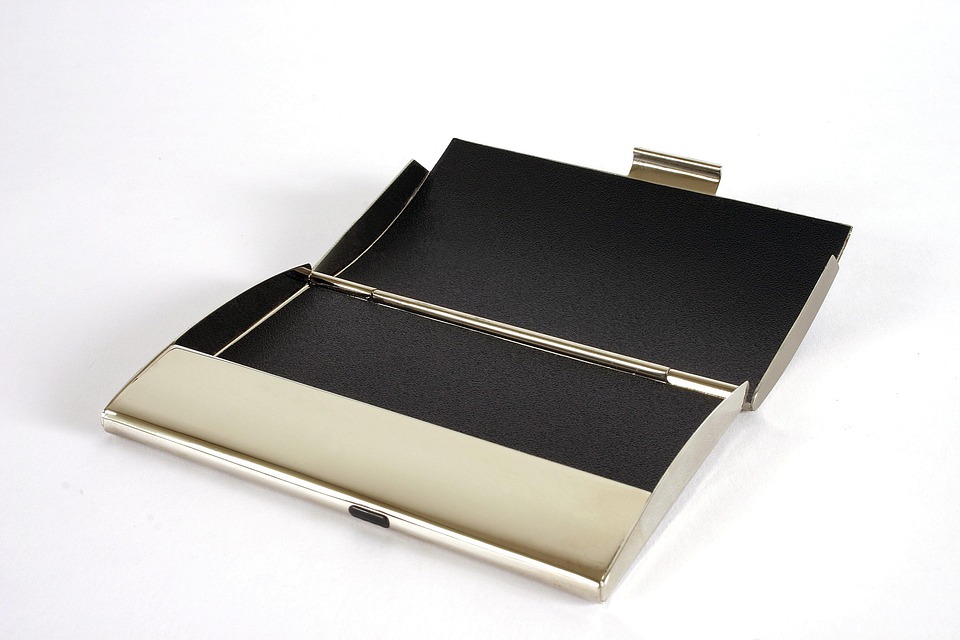The Complete FHA Loan Eligibility Checklist
Are you considering an FHA loan to finance your home? The Federal Housing Administration (FHA) offers a variety of loan programs designed to make homeownership more accessible, especially for first-time buyers. However, it’s essential to understand the eligibility requirements to ensure a smooth application process. Below is a comprehensive checklist to help you determine if you meet the criteria for an FHA loan.
1. Minimum Credit Score Requirements
One of the primary factors lenders consider when evaluating an FHA loan application is your credit score. Generally, the FHA requires a minimum credit score of 580 to qualify for the maximum financing (3.5% down payment). If your score is between 500 and 579, you may still qualify, but a higher down payment of at least 10% will be required.
2. Steady Employment History
Lenders want to see a consistent employment history, typically requiring at least two years in the same job or field. This stability helps demonstrate your ability to repay the loan. If you’ve changed jobs, ensure that you can explain any gaps and how your new position is stable and related to your previous work.
3. Debt-to-Income Ratio
Your debt-to-income (DTI) ratio is crucial in determining your eligibility for an FHA loan. Ideally, your DTI should be below 43%, though some lenders may allow a higher ratio under certain circumstances. This ratio compares your monthly debt payments to your gross monthly income, and a lower DTI indicates better financial health.
4. Down Payment Requirements
FHA loans require a down payment, which can be as low as 3.5% for borrowers with a credit score of 580 or higher. For those with lower credit scores, a 10% down payment is needed. Additionally, the down payment can come from various sources, including gifts from family members, grants, or other assistance programs.
5. Property Requirements
Not all properties qualify for FHA financing. The property must meet specific safety, security, and soundness standards set by the FHA. The home should be your primary residence, and it must pass an FHA appraisal to ensure it meets these minimum property standards.
6. Mortgage Insurance Premium (MIP)
FHA loans require mortgage insurance, which protects the lender in case of default. Borrowers must pay an upfront mortgage insurance premium (UFMIP) at closing, as well as an annual premium that is divided into monthly payments. Understanding these costs is essential, as they can significantly affect your overall loan expenses.
7. U.S. Citizenship or Legal Residency
To qualify for an FHA loan, you must be a U.S. citizen, a permanent resident, or a qualified non-permanent resident. Documentation proving your legal status may be required during the application process.
8. Loan Limits
FHA loans have maximum loan limits that vary by location. It’s crucial to check the limits in your area, as they can differ significantly based on local housing markets. Ensure that the price of the home you wish to purchase falls within these limits.
9. No Recent Bankruptcies or Foreclosures
If you have filed for bankruptcy or experienced a foreclosure, there are specific waiting periods before you can qualify for an FHA loan. Generally, you must wait two years after a Chapter 7 bankruptcy and three years after a foreclosure. During this time, it’s important to rebuild your credit and demonstrate financial responsibility.
10. Additional Documentation
When applying for an FHA loan, you will need to provide various documents to support your application. This may include tax returns, pay stubs, bank statements, and proof of assets. Being prepared with all necessary documentation can expedite the approval process.
Conclusion
Navigating the world of FHA loans can be complex, but understanding the eligibility requirements can help you prepare for a successful application. By following this checklist, you can assess your readiness and increase your chances of securing an FHA loan to achieve your homeownership goals. If you have any questions or need assistance, consider reaching out to a mortgage professional who specializes in FHA loans for personalized guidance.



